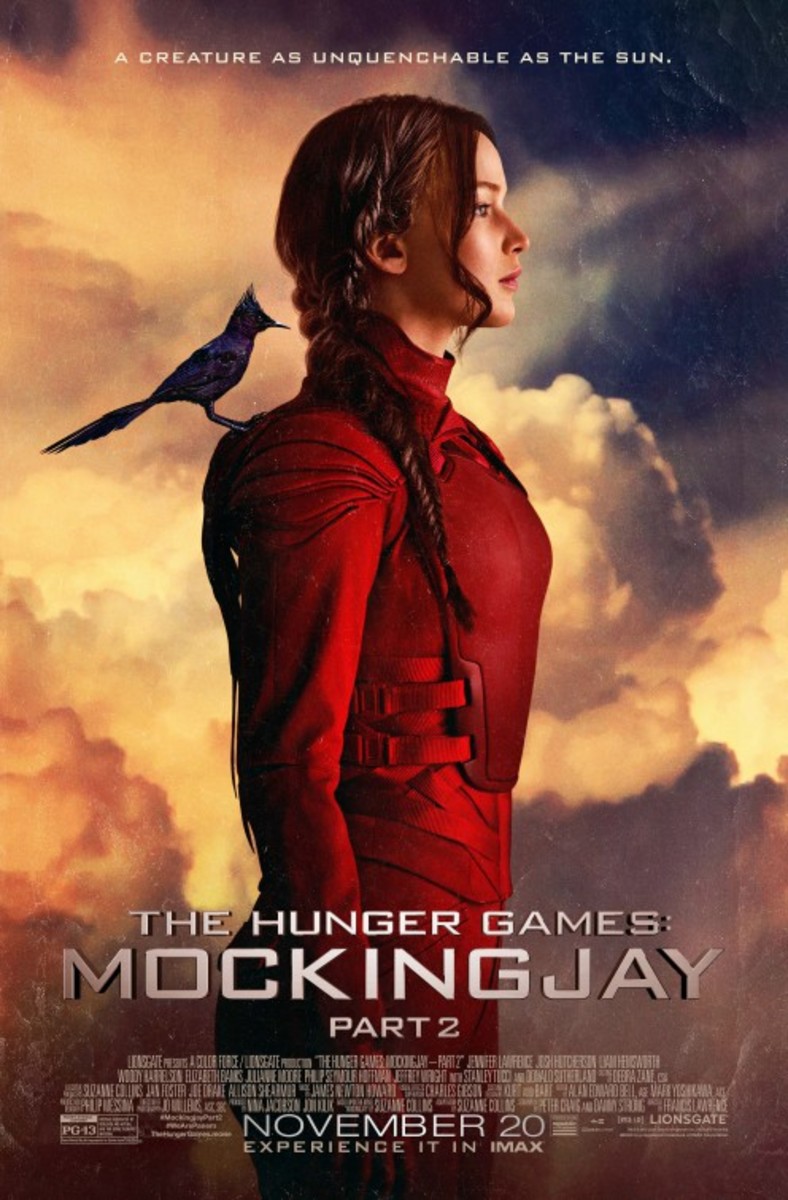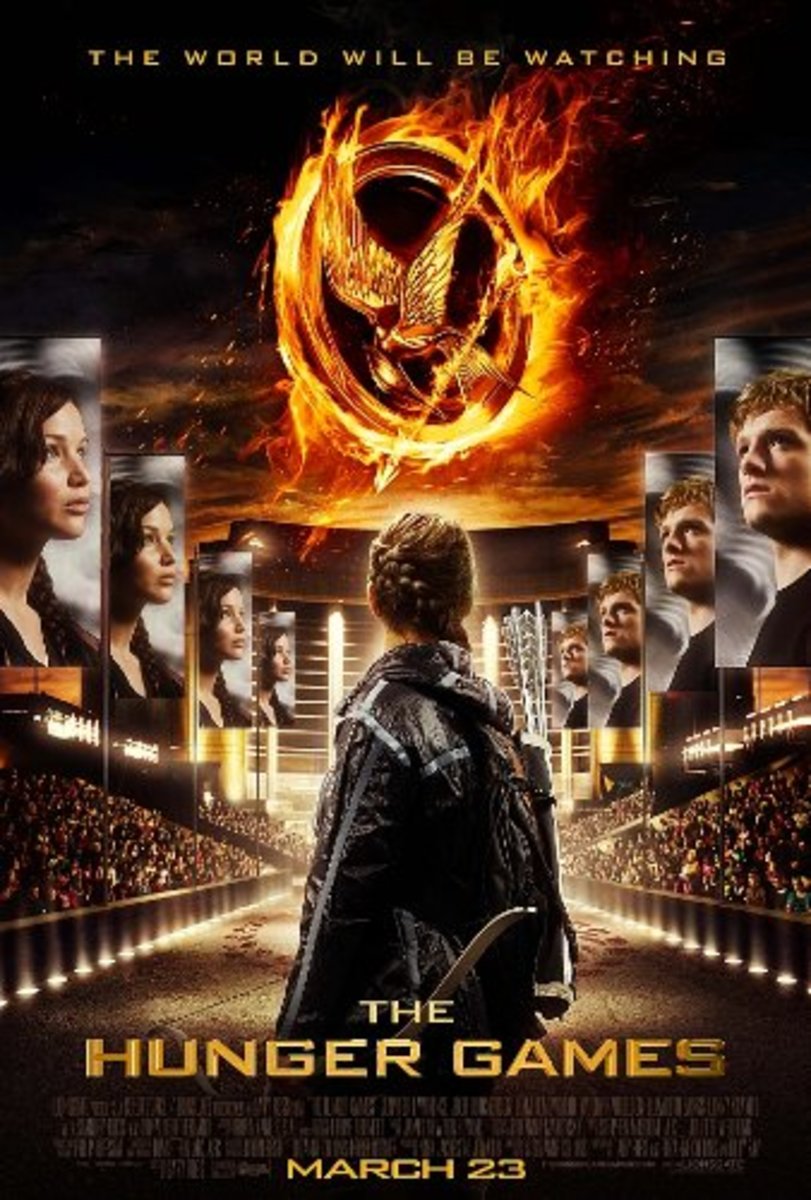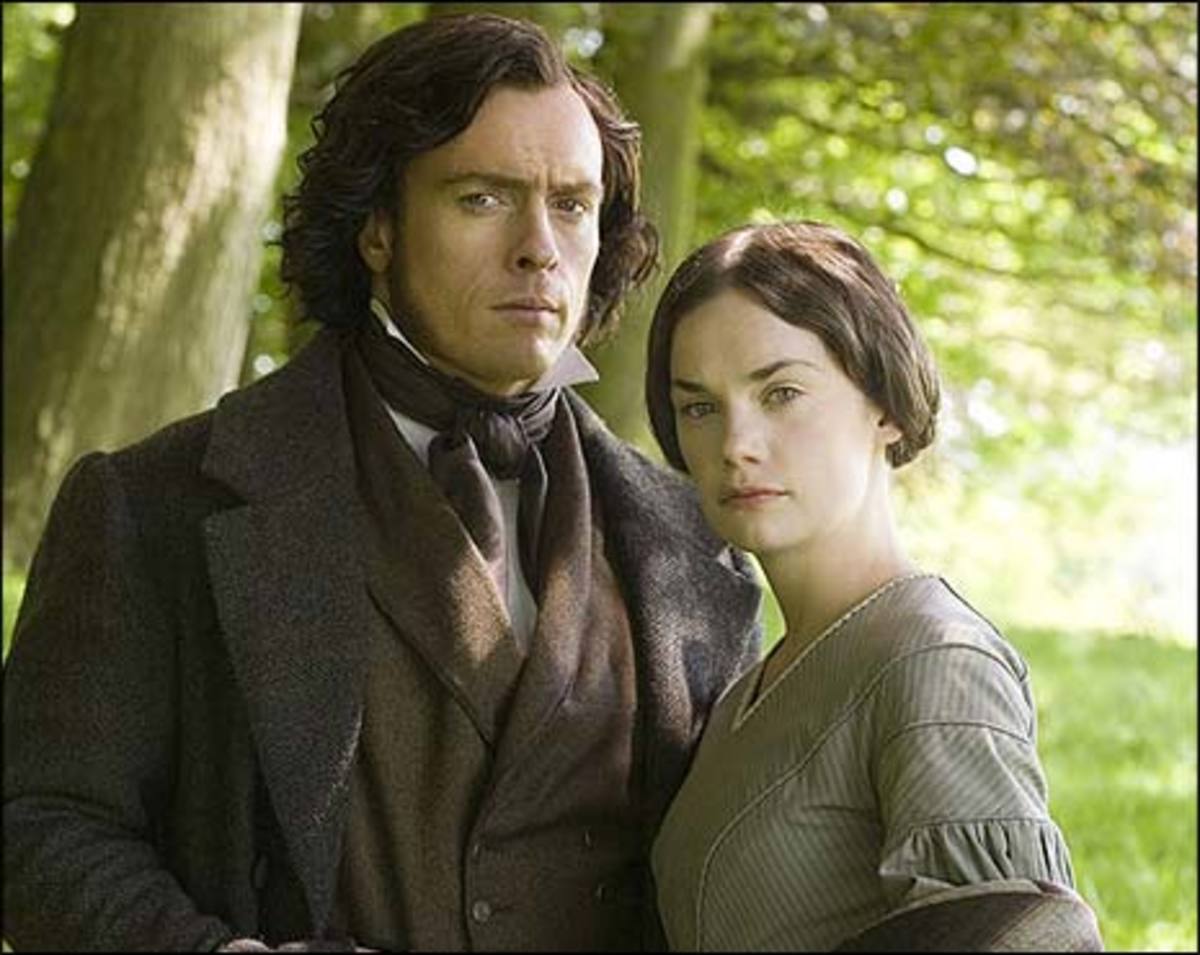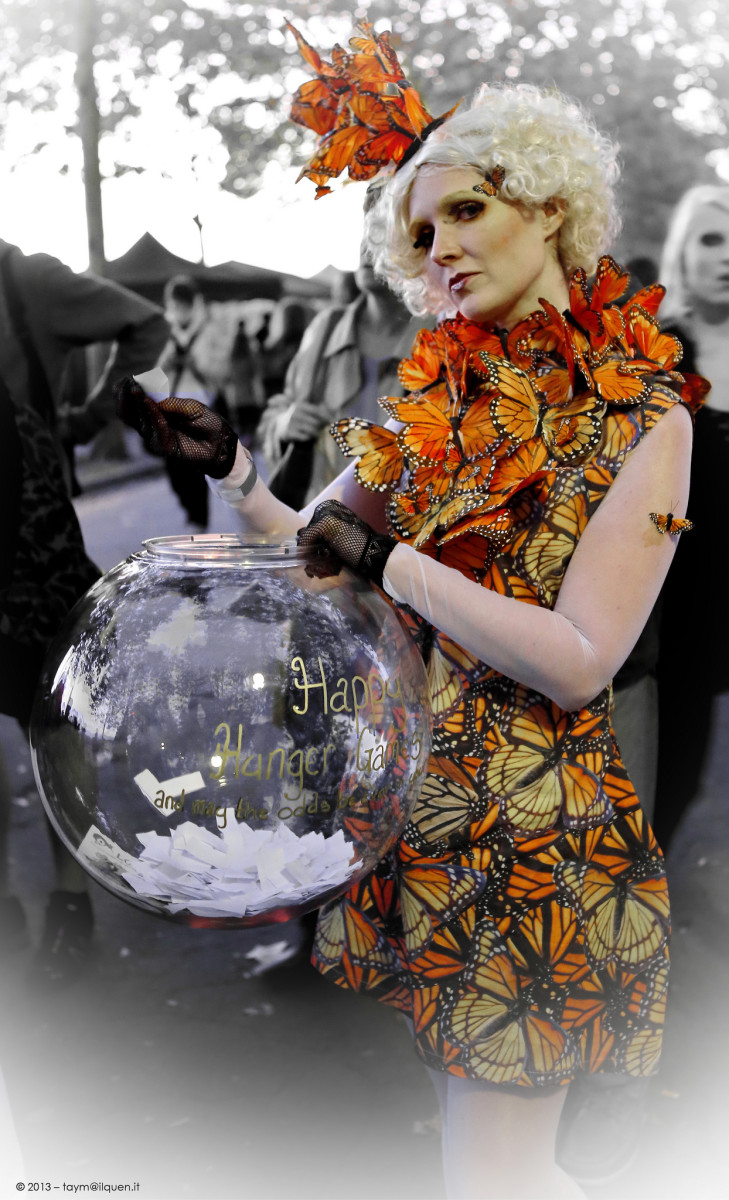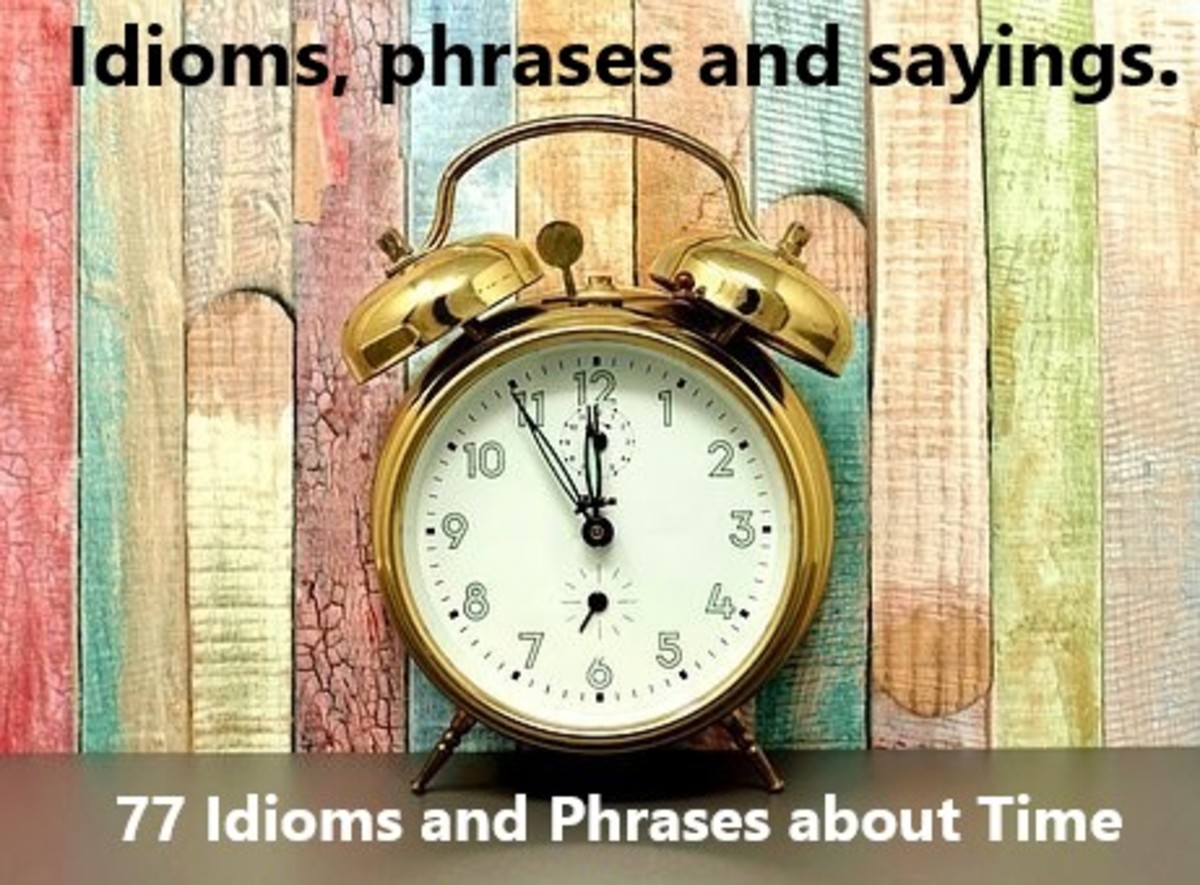What is Page to Screen?
What is Page to Screen?
Page to Screen is literally what the name suggests, Film adaptations based on books. To put a finer point on it, the title part Page concerns only novels, short stories, and other literary usages that refrain from relying on visual art to tell their story (such as graphic novels, comics, and so forth although some child novels such as Roald Dahl books are used). Screen may be a movie, television series, or any offshoot of that.
This series specifically comments on how the story and its themes adapt from one medium to another.
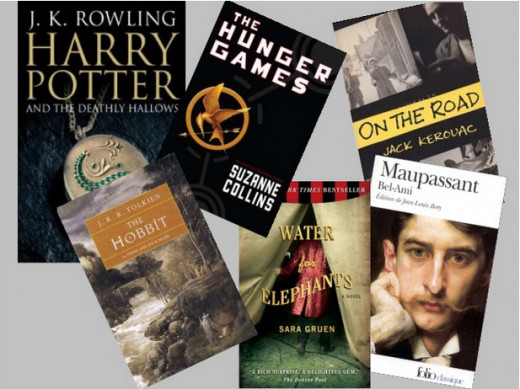
The Adaptation Process
There are several features to take into account when making a commentary of a Page to Screen adaptation. For example,
- Length, as most novels may take weeks to finish and films aim to be no longer than 3 hours (many audio books last as short at 15 hours but often last far longer depending on the book).
- Visual presentation, as the scenery is a novel is only suggested at its worse and dictated at its best, forcing the reader to paint an image in the mind where there is no such ambiguity.
- Themes and Direction, since many books have a point to them, it becomes important to see even if the film is changed in numerous ways, does it have the same focus?
- Narrative Voice, since methods such as epistolary chapters or thoughts from a first-person perspective are difficult to entertain with on a movie screen, how a cinematic presentation copes with or changes such a feature.
- Casting, as with Visual Presentation, the reader usually has a certain idea how a character looks or acts and an actor/actress may drastically differ. However, this is usually opinionated and is stated as such in the author's (our) commentary.
- Self-Awareness, this is when the script of a movie realizes its fan base and its expectations and plays upon it. This can be extremely polarizing, almost always catching the audience off-guard.
Below is a series of commentary on listed adaptations. Each text box has just a snippet or summary of the commentary, and each ends with a link to the respective full page for more details. As we continue updating new adaptations (either by experiencing them the first time or re-experiencing for a more accurate commentary), this list will continue to grow longer.
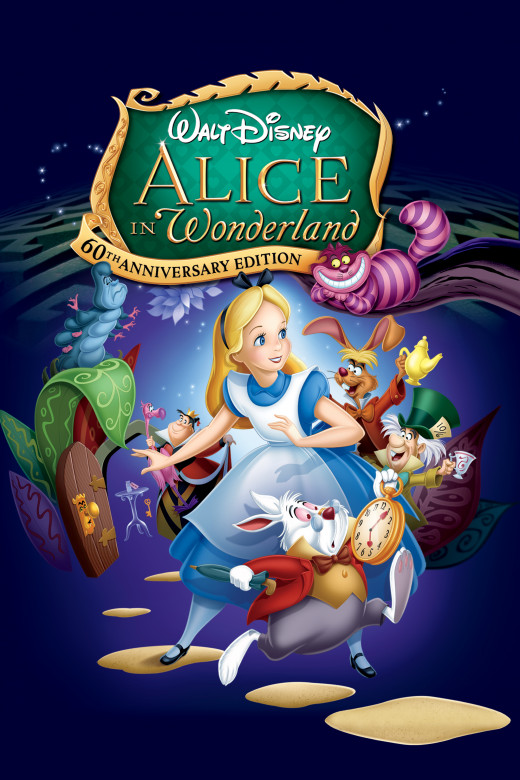
Alice in Wonderland (1951)
This is by far one of the most faithful adaptations of the source material. Whereas so many other works create plots that aren't connected to the original source material, this remains largely nonsensical and free. It's refreshing when compared to other adaptations. Sure, it borrows and glues some pieces of Through the Looking Glass, but it might be one of the most pure adaptations of Lewis Carrel's work.
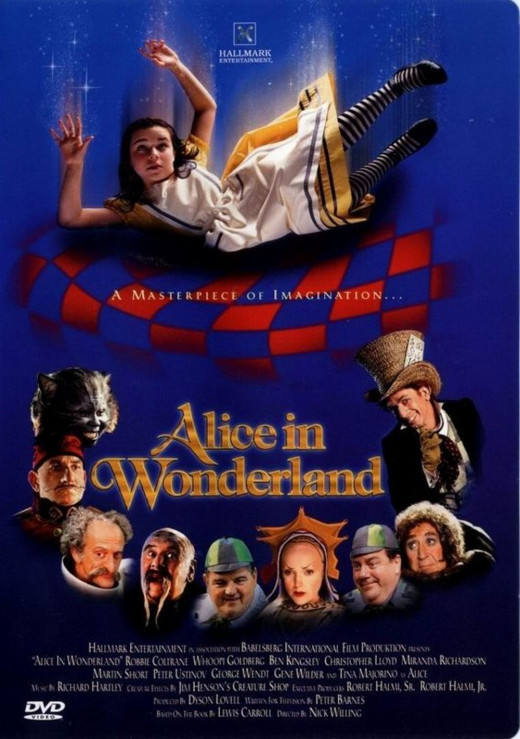
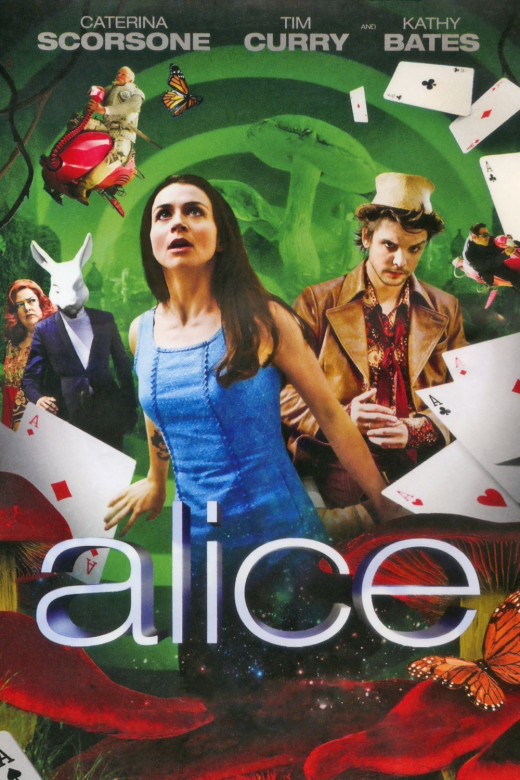
Alice in Wonderland (1999)
The last cinematic adaptation of the 20th century is one saturated with fantastic household name actors such as Whoopi Goldberg, Martin Short, Christopher Lloyd, Gene Wilder, Ben Kingsley, and so many more that I'm sure you'd recognize if you saw it in modern times. Everyone performed their roles spectacularly and brings the life the story Lewis Carroll penned to page. It's quirky and fun, with a few liberties taken but then again, it's the spirit of the story that is successfully adapted in this entry.
Alice (2009)
Often overshadowed by Tim Burton's adaptation the following year, this Alice takes a great many liberties but completely transforms the setting and characters of the original tale only to pay tribute in the overall scheme of things. Sure, it was featured originally on Syfy which is not at all known for its quality, but what they use goes a long way into a fantastic presentation. This is also by far one of my favorite adaptations of the source material and one of my favorites period.
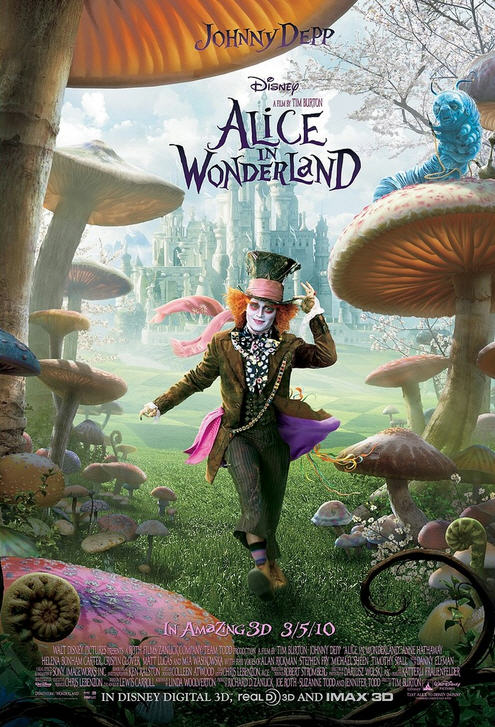
Alice in Wonderland (2010)
Alice's Adventures in Wonderland andThrough the Looking Glass have a great number of adaptations on both sides of the Atlantic Pond. This page discusses Tim Burton's rendition and its visual mastery. It also discusses the implemented plot as a proposed sequel to Lewis Carrol's books and how it meshes with the nonsensical children's books.
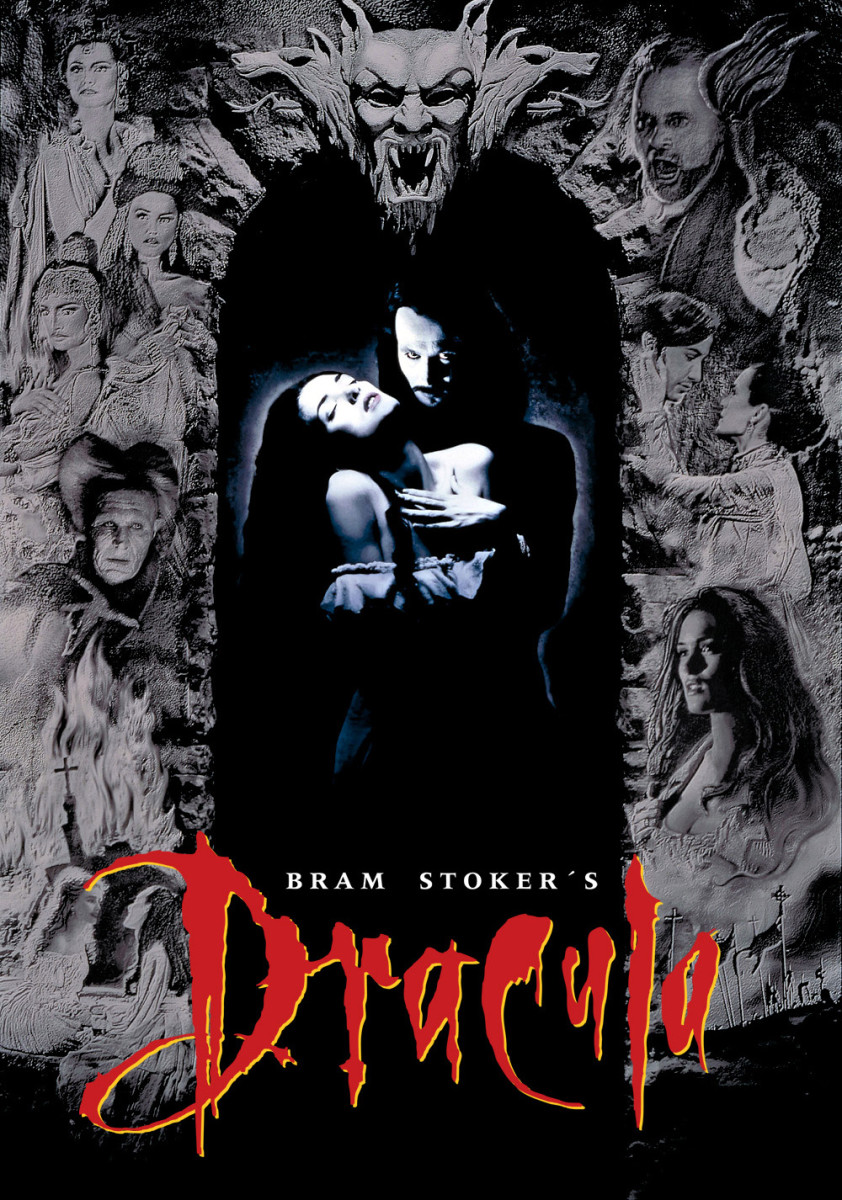
Bram Stoker's Dracula (1992)
This book is the defining work that helped to cement Dracula as the forefront of all vampires and vampire stereotypes. Portraying Dracula as both sly man and predatorial beast, Stoker created an iconic monster that remains relevant for many years to come. There have been countless adaptations but this focuses on Coppola's adaptation in 1992 starring big names like Anthony Hopkins, Gary Oldman, Winona Ryder, and more.
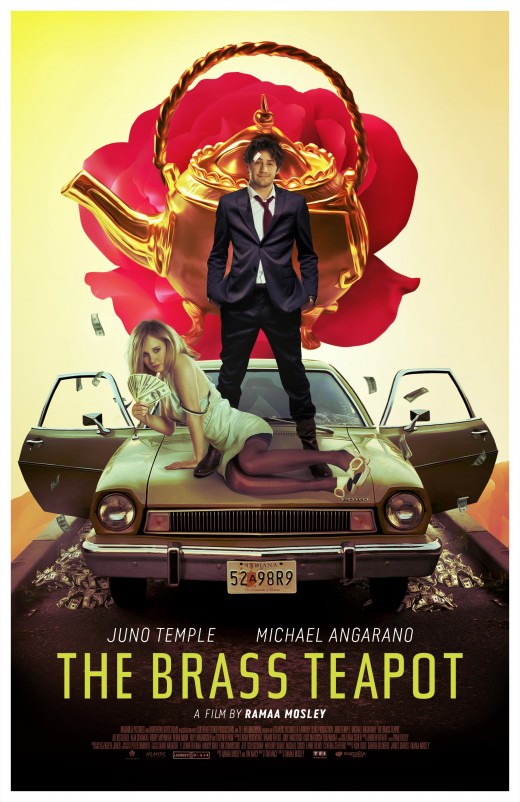
The Brass Teapot
While not nearly as recognized as most of the other adaptation entries on this list, The Brass Teapot remains as one of my favorites. Originally written as a horror short story, this adaptation has become a romantic dark comedy without compromising the titular plot device and its function. It's fun, dark and light-hearted, with some pretty fantastic performances and additional content that was not exactly present in the original work.
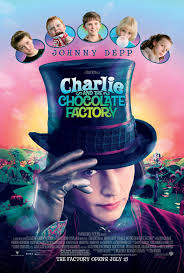
Charlie and The Chocolate Factory
Based on Roald Dahl's children book, we look at Tim Burton's recreation and attempt at staying more truthful to the original work than the first cinematic adaptation that was shunned by the author. In addition, the actors portraying Willy Wonka are compared to some degree and how both works were received by fans.
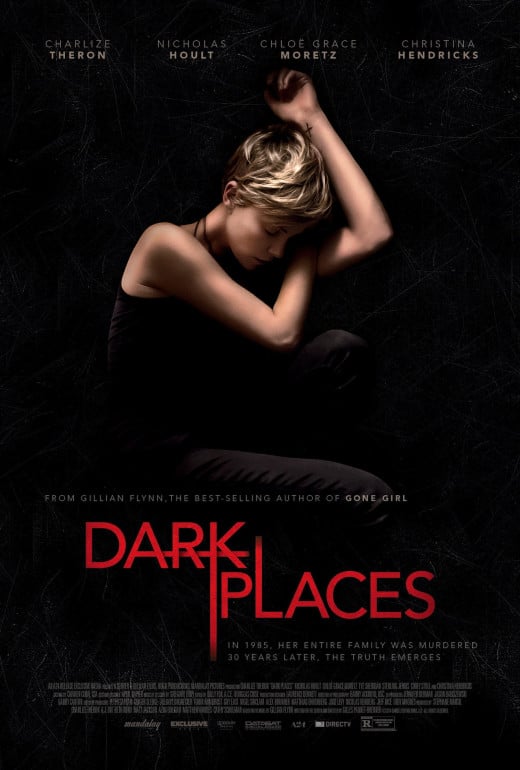
Dark Places
A work of Gillian Flynn (author of Gone Girl), Dark Places is a mean, dark murder-mystery novel starring a bevy of recognizable actors who offer solid performances. It boasts all of Gillian Flynn's trademarks with unlikable characters, unreliable narration, the horrors and manipulation of group think, and an ending that doesn't always end on a high note.
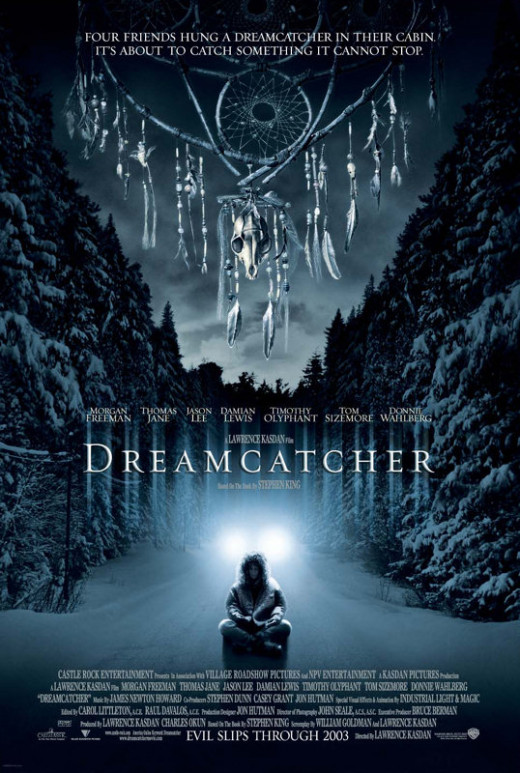
Dreamcatcher
One of Stephen King's less loved stories gets adapted, and the verdict? It's a little below average. You've got your aliens, crazy military, telepathic links and powers, and your typical, recurring Stephen King's traits such as strange vocal mannerisms, body functions, and the horrors of every day possibilities. While the book doesn't have a lot of merits, it has an interesting ending, one that's removed from mention in the film entirely. The story is strange, and suffers quite a bit from being compressed in movie form. It's a film worth skipping, not unlike the book.
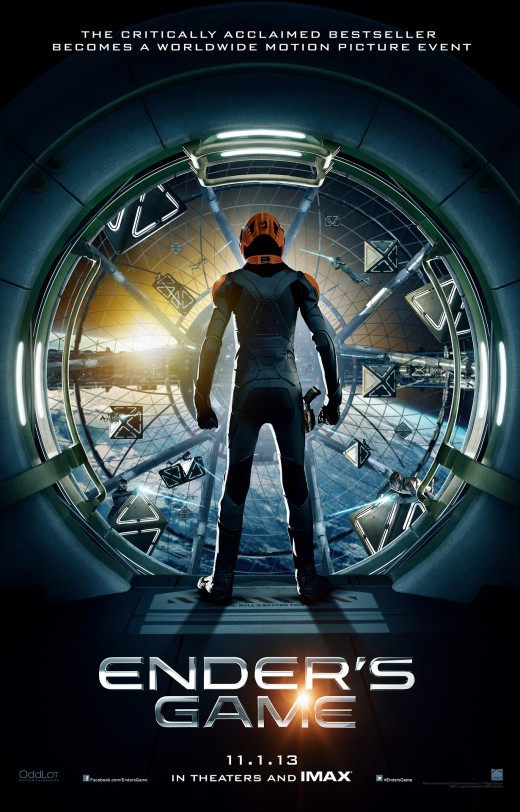
Ender's Game
A classic novel in many respects (recommended reading for certain military units, for one), Ender's Game is a futuristic tale about the morality of war, taking the perspective of an incredibly young child raised to be a commander to stop the extinction of a human race from aliens. The film is drastically shortened and for good reason as there's so much detail and subplots explored in the book that might not have transferred well for the big screen.
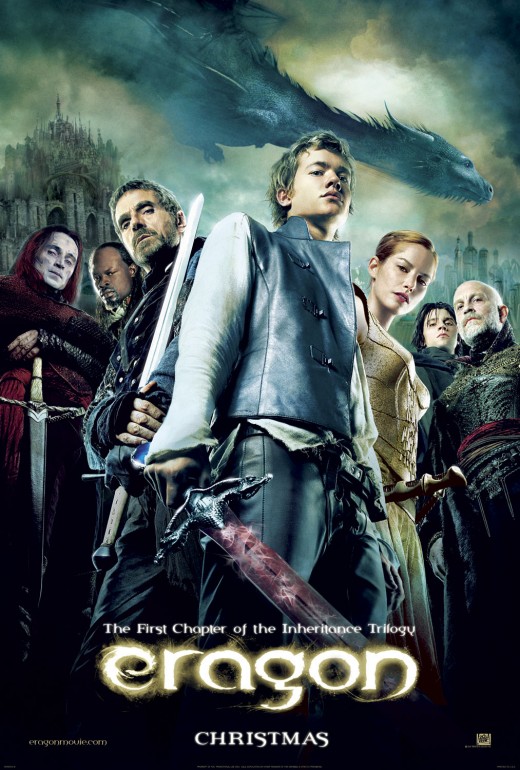
Eragon
I do my best to discuss the merits of all adaptations, but this one delved more into providing excuses for all the shortcuts and lackadaisical execution in this adaptation. The film simply has nothing on the novel and personally was one of the most disappointing movie experiences I've witnessed.
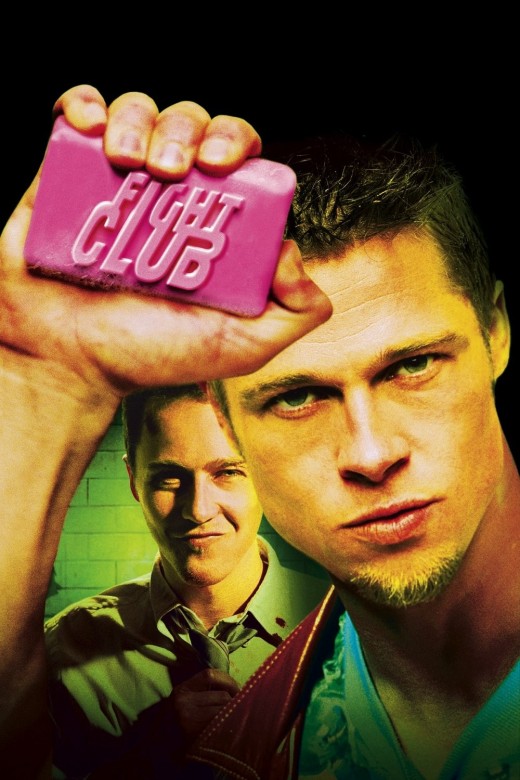
Fight Club
A surreal novel with a cult following, the film really doesn't deviate from its original tone. Small changes are made (both overtly and subtextual in the grand scheme of the plot) as well as the ending and potential implications of the works, but David Fincher has proven himself to be a great book to movie adaptation director.
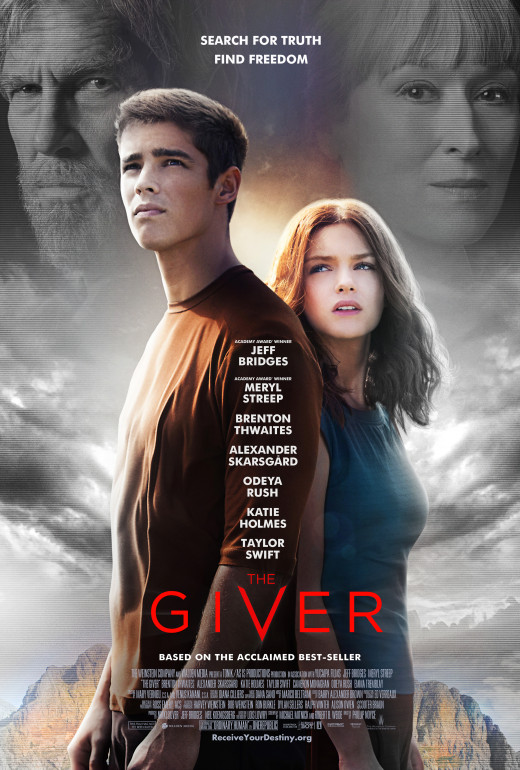
The Giver
A book commonly found as required reading in many grade school, Lois Lowry's The Giver has often been the first experience American children have to drastically different societies. The film modernizes the story, demonstrating advanced technology that wasn't thought of during the book's inception as well as creating the main character to be older and more accessible by older audiences. Nevertheless, the spirit and themes remain and this adaptation proves to be a strong one.
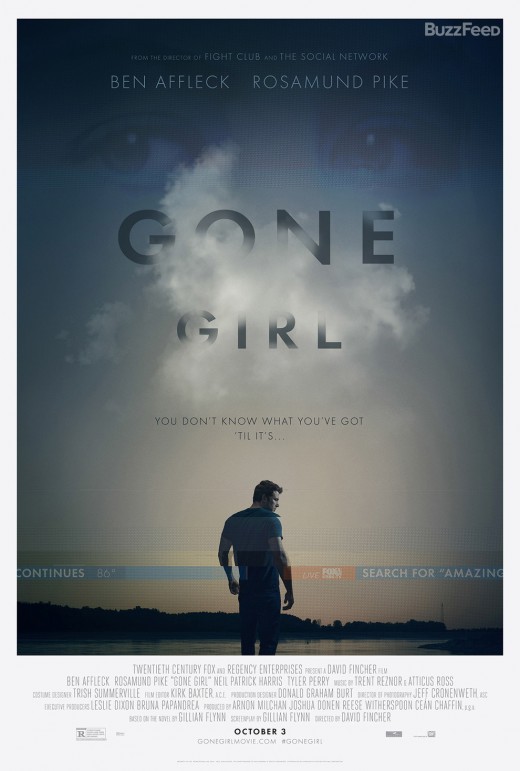
Gone Girl
Based on Gillian Flynn's mystery thriller novel, Gone Girl is a terrific tale filled with plot twists, memorable character, more plot twists, a terrifying villain, and more plot twists. The movie is directed by David Fincher who's known for his other adaptation works such as The Curious Case of Benjamin Button and Fight Club. The film is done perfectly well with only the trimmings cut off to make it more feasible in a cinematic format.
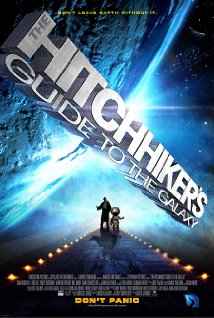
The Hitchhiker's Guide to the Galaxy
Continuing in British author Douglas Adams's Hitchhiker series, The Hitchhiker's Guide to the Galaxy novel is largely consider the cornerstone of the written works. While Adams helped work on this adaptation, he unfortunately passed away before the development was completely over. While in many ways staying true to the book, Adams wanted to create new content that transferred very well into the new work, creating an adaptation that's seen well by his loyal fanbase.
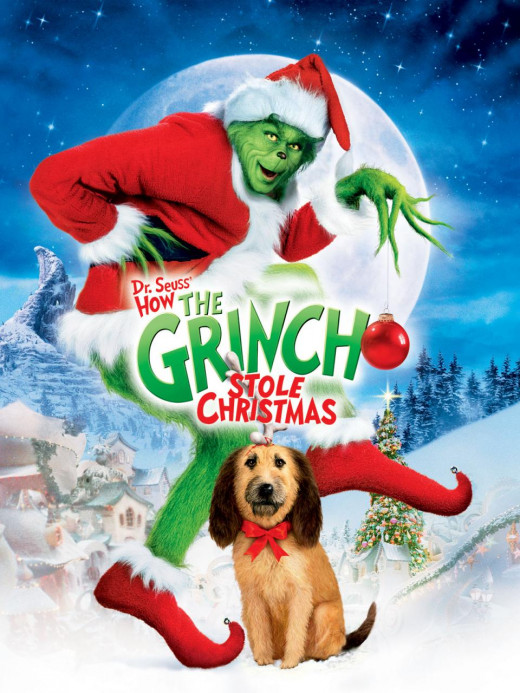
How the Grinch Stole Christmas (2000)
Enjoy Seuss's original work? Ron Howard takes it and goes the extra mile, stretching out the film with original plot and material. He does this with a tremendous amount of respect to the source material, keeping in themes (or bolstering them, really), terms, words, and rhyme that Seuss contrived to give this story life.
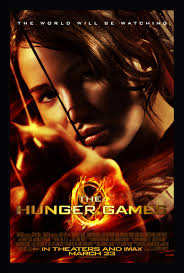
The Hunger Games
Responsible for reviving a young adult film craze, The Hunger Games film has largely been recognized as a very successful adaptation. There is a large change in perspective in the film and a lack of Katniss's inner thoughts; largely, the film is written as an accessory to those who read the books before any new audiences. The film also received some...interesting controversy over a particular casting choice.
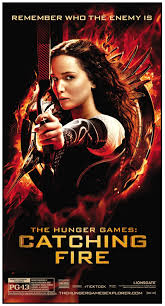
The Hunger Games: Catching Fire
Continuing the young adult film craze with extreme success, the Catching Fire adaptation continues to carry on with its successful adaptation that caters a little more to the readers than it does to newcomers. All of the cast is intact and the story moves onwards with its political criticism and love triangle, further building to the climax that is Mockingjay.
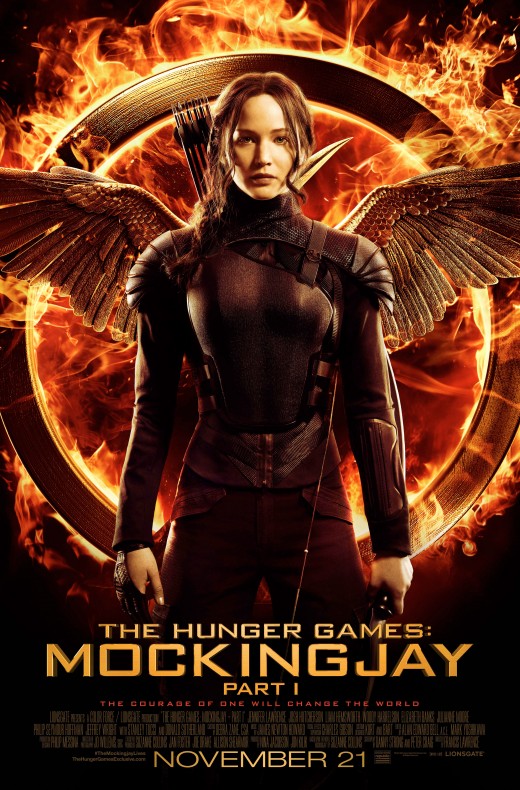
The Hunger Games: Mockingjay Part 1
The first part of the third book of The Hunger Games series, Katniss breaks away from the 'civilized life' in Panem and unwittingly becomes part of the rebellion against the Capitol.
Unfortunately, this installment seems pretty thin and not much at all happens, not really justifying its existence away from the last entry in The Hunger Games film list. Hopefully the last part of the Mockingjay will finish up strong.
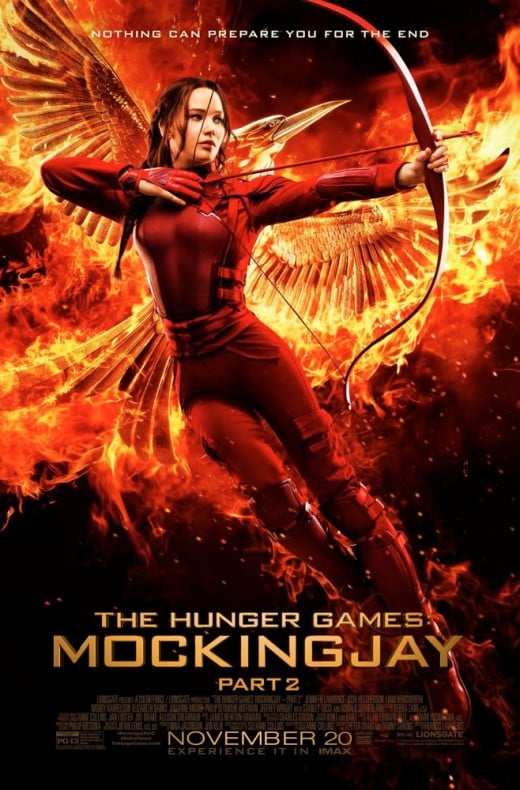
The Hunger Games: Mockingjay Part 2
Another solid, expected entry in a series of solid, expected entries. You finally get Act 3 from its source material (although I'm still unsatisfied with having to break the film in two parts because its' trendy' and 'cost-effective'). It really doesn't do much more or fail its source material, much like its predecessors, so it has all the faults I already had with the book
Further Reading
Not seeing a Page to Screen adaptation here? You might find it on Page 2 in alphabetical descending order.
Enjoy reading about Movies based on books? Maybe you'd like me try my hand at movies based on video games as well.
Open to Suggestions
Also, feel free to suggest any titles that you'd be interested our commentary on! The suggestion poll only shows what we currently have access to, but we're certainly not limited to that only.
© 2014 Travis Wood

